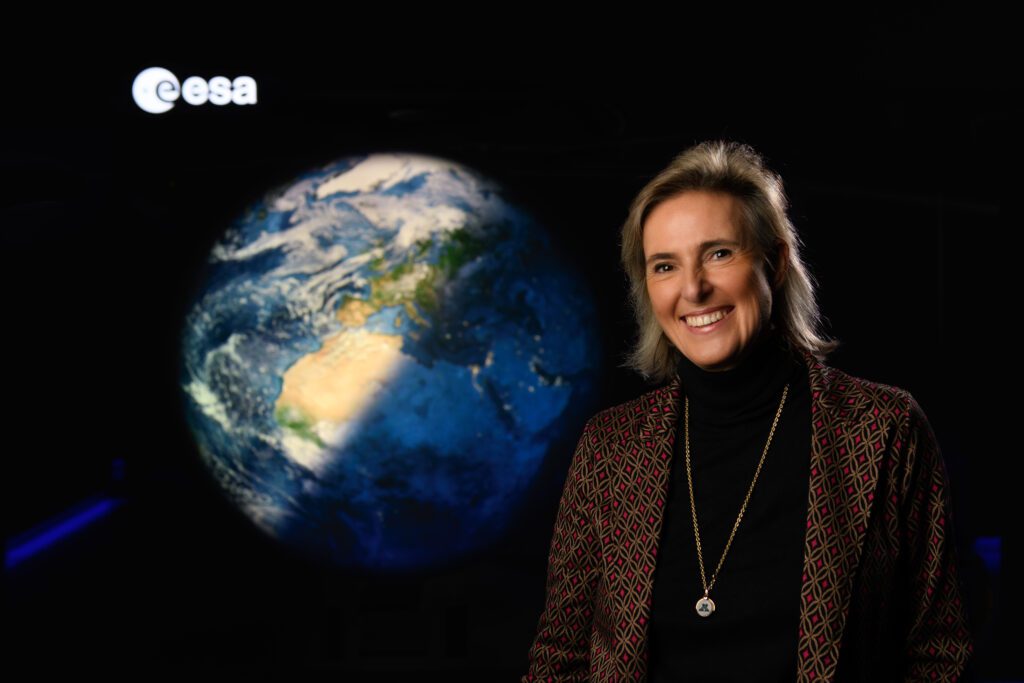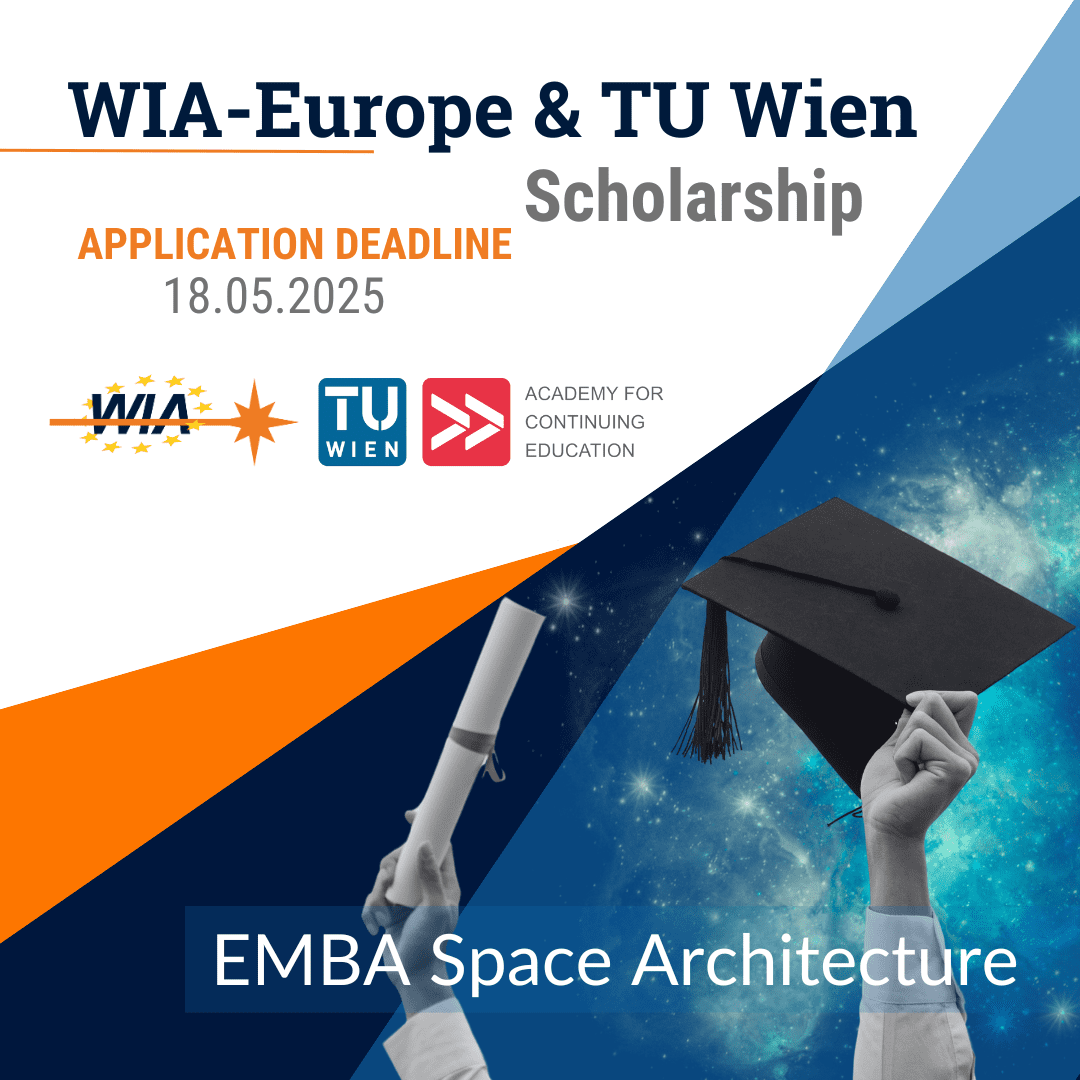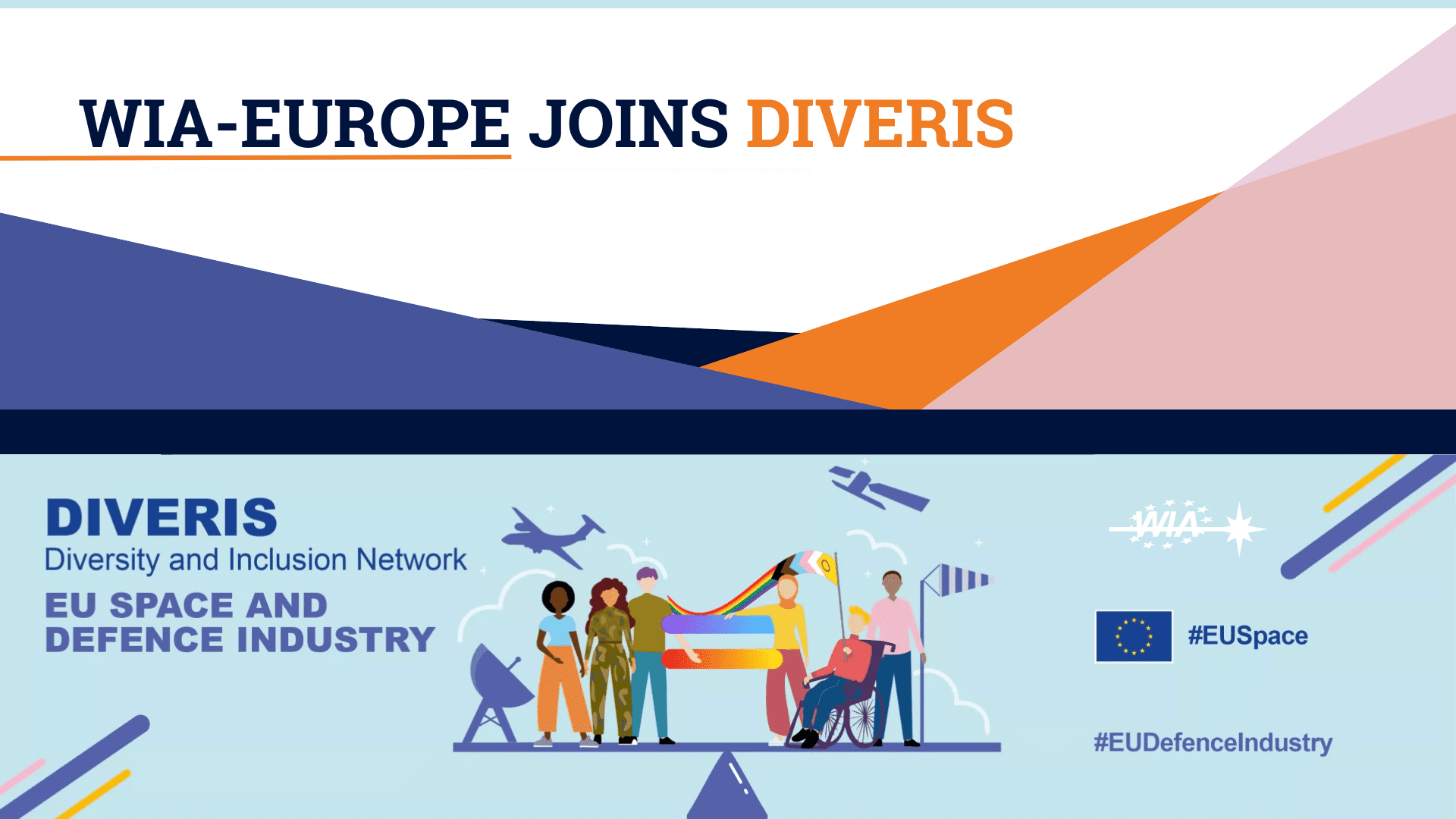
Simonetta Cheli, Director of Earth Observation Programmes at ESA and recipient of the Women In Aerospace (WIA-Europe) Outstanding Achievement Awards 2024, shared her insights on the key actions and decisions that shaped her career, highlighting the importance of continuous learning, flexibility, and diplomacy in the international space sector.
- Tell us a bit about why you chose a career in aerospace, and how you got into your field of specialisation. Was it straightforward or did you take any turns that you had not anticipated?
I graduated in Political Science with a specialisation in International Law at the C. Alfieri University in Florence, where I did a thesis on space telecommunications law. I also studied Law and Economics at Yale and have a master’s degree in Diplomatic and Strategic Studies in Paris. I took my first steps in the world of work as a trainee at the European Commission before joining ESA.
At ESA I worked for many years dealing with international relations, strategy and programmes, and institutional relations, and I became passionate about Space and all its applications before choosing specifically the Directorate of Earth Observation, where I have been working for over 16 years. At that time, we had only launched three satellites into orbit to scan our planet, and we were beginning to talk about climate change for the first time. When you think that we now have as many as 15 satellites scanning the oceans, atmosphere, winds and ice, and 39 more are in the making with the European space industry, you can see how much has been achieved by my colleagues and how easy it is to love a job like this, where international and European cooperation is at the core of what you do on topics like climate change and environment
I have always been very motivated in my job and lucky to find good mentors who helped me to be passionate and evolve in my responsibilities to get to this appointment. I believe that dedication and passion for this very special job have helped me.
- What key actions or decisions in your personal or professional life helped you reach your current level? Did you have to learn any new skills, make a career change, or take on unexpected challenges along the way?
SIMONETTA CHELI:
I believe it’s important to stay engaged in your daily work and pursue continuous learning and training, as there is always something new to learn. It has always been important to have good colleagues and friend engineers to help me better understand the very technical and scientific world in which we live at ESA. It has also been important to be available to move among ESA sites, be flexible as well speak various languages. Finally, some diplomatic skills are very useful in an international organisation like ESA with 22 countries and many international partners.
- Looking back, if you had the knowledge and experience you have today at the start of your career, is there anything you would have done differently?
I would possibly have done more courses related to finance and project management to gain a deeper understanding of the space business context.
- In the aerospace sector, looking into the near to mid-term future, what challenges do you foresee, and what key competencies will be required to address them?
Some key challenges include addressing with space infrastructure and space-based solutions to Climate Change, fulfilling the Paris Agreement and reducing carbon emissions to preserve our beautiful but fragile planet. Another topic to address is the management of natural resources and how space can better support sustainability on earth for all citizens and also help in managing better the challenges associated with environmental degradation and biodiversity. It’s also essential to raise awareness among the public and decision-makers about the importance and benefits of space. Additionally, we must address the growing influence of the private sector (e.g., SpaceX) and integrate digital technologies like Artificial Intelligence and machine learning into Earth Observation.
- When meeting a young professional, what qualities first catch your attention?
Curiosity and willingness to learn, openness, motivation, as well as international profiles and experience. ESA foresees many initiatives in favour of young people and their integration into the labour market. For example:
- YGT Young Professional Trainee Programme – Open to students in the final year of a master’s degree in engineering, science or business disciplines and those who have recently completed a master’s degree in one of these fields, ESA’s YGT programme lasts one year (with the possibility of extension to a second year) and offers a unique opportunity to work on challenging space missions at the heart of European space activities
- Junior Professional Programme – ESA’s Junior Professional Programme (JPP) is ESA’s newest entry programme for master graduates with two to three years of professional experience. Junior Professionals join ESA as staff members for three years and benefit from tailor-made learning and development opportunities to prepare for a permanent position with the European Space Agency at the end of their JP assignment.
But we are also very open to young and dynamic start-ups to be accompanied in the development and definition of their projects until market entry.
- What measures do you think are most effective for increasing the opportunities for women to grow into leadership positions?
Support in the workplace a better balance between professional and private life (e.g. having childcare services at work etc.); promote STEM and the culture of leadership amongst young women in high schools and universities; make sure to integrate women in selection Boards and give them the chance to learn on the job.
It is true that the Space sector has been male dominated for years, but things are changing. ESA Agenda 2025 has among its objectives Diversity and in the Agency today 30% of employees are women and during the recruiting campaign for new astronauts of 2022, one application out of four was from a woman.
The change has to start from the basics, from education in schools, universities. We must find a way to bring girls closer to these topics. Much has been done, but much remains to be done. I can contribute with some daily small actions to help going in this direction and being of encouragement and a model for many young professionals
- What is the most recent book, movie, talk, or article you encountered that impressed you, inspired you, or offered you a fresh perspective?
I am reading the book Escaping Gravity by the ex-NASA Administrator Lori Garver which gives an interesting insight on some of the challenges as Head of the NASA Transition Team for President Obama.
- What do you see as the most critical area for an association like WIA-Europe to focus on in the coming years?
I think that organisations like WIA can help a lot not just to create networks but to organise initiatives that can promote and encourage women diversity and organise support for actions related to diversity.

- WIA-Europe Outstanding Achievement Award Ceremony – Join us to honour Simonetta Cheli, ESA Director of Earth Observation Programmes, for her outstanding commitment to advancing excellence and gender balance in the aerospace sector. There will be an opportunity for Q&A and individual discussions. The event will be held at the ESA booth from 17:00 CEST.
- More information on WIA-Europe at the IAC 2024 here >>


